A graying muzzle, increasing cloudiness in the eyes, and a slower gait are some of the more obvious physical changes you might see in your senior pet. Exactly when these changes occur varies from pet to pet but, in general, pets are classified as seniors after the age of seven years. Twice-yearly examinations and laboratory testing will provide an excellent picture of your senior pet’s health status. Here are some health issues that your senior pet may experience.
Senior pets are more likely than younger pets to be overweight due to reduced daily energy needs and decreased activity. Obesity increases the risk of serious diseases and health conditions, including diabetes, arthritis, and joint, heart, and lung disorders. If your senior pet is in good health but overweight, overfeeding is most likely the problem. Weight loss treatment steps for seniors include: limiting the number of calories consumed; choosing an appropriate food that provides a proper balance of protein, fat, calories, vitamins, and minerals for older animals; feeding two or three small meals daily, and increasing exercise to burn more calories. BRVC’s complimentary Curviest Critters weight management program can help you reduce an aging pet’s weight to a healthy level.
Arthritis is a common, painful condition that affects more than 50% of adult dogs and cats and occurs when joint cartilage begins to erode. You may first notice your dog seems to be stiff, has difficulty getting up or down, or is slowing down on walks. Arthritis in cats may limit their ability to jump up or down or cause them to eliminate outside of the litter box. Sometimes these signs are mistaken as part of the natural aging process but chances are the real cause is arthritis. We can recommend the best treatment option for your pet’s condition such as a diet change or weight loss exercise program, medications for long-term pain relief, or surgery to correct abnormalities such as hip dysplasia.
As it ages, your pet’s digestive system becomes less efficient in breaking down foods for absorption. In addition, the stomach and intestines can become irritated by human foods such as table scraps resulting in vomiting, flatulence, intermittent diarrhea, and/or constipation. Feeding your pet a high-quality, premium senior food will enhance your pet’s health and may offset some digestive, and other health problems. Don’t hesitate to consult one of our doctors to determine the exact cause of consistent or recurring digestive problems, since other diseases or conditions can cause these clinical signs.
More than 85% of senior dogs developed periodontal (dental) disease by the age of four. Bad breath and plaque buildup on your cat or dog’s teeth are the first signs of periodontal disease and can lead to gingivitis (gum inflammation) and periodontitis (soft tissue, ligament, and bone inflammation). Left untreated, these conditions may allow bacteria to enter the blood that can lead to infection in one or more body organs. Just imagine what your breath and teeth would be like if you never brushed or had a dental cleaning! Regular veterinary dental cleanings, at-home dental care, and dental chew toys help prevent plaque buildup and bad breath and are important to the overall health of your senior pet’s mouth, heart, kidneys, and liver.
Many older pets develop thinner, graying coats, and dry skin; however, red, itchy skin or a balding coat could signal diseases such as diabetes, thyroid disease, or Cushing’s Disease. Routine and specialized bloodwork tests can help determine if your pet suffers from one or more of these medical conditions. Older pets with thinner coats and less muscle mass are more susceptible to extreme temperatures, so be sure to provide warm bedding during colder months and a cool resting place during months with high temperatures.
The decisions you make regarding preventative care, nutrition, and exercise have a major impact on your pet’s health. With proper care and regular testing, your furry best friend can maintain a good quality of life during its senior years. If your pet experiences any of the health issues described above, please call to make an appointment with the Burr Ridge Veterinary Clinic team. We’re here to help make sure your four-legged family member leads a long and healthy life!
